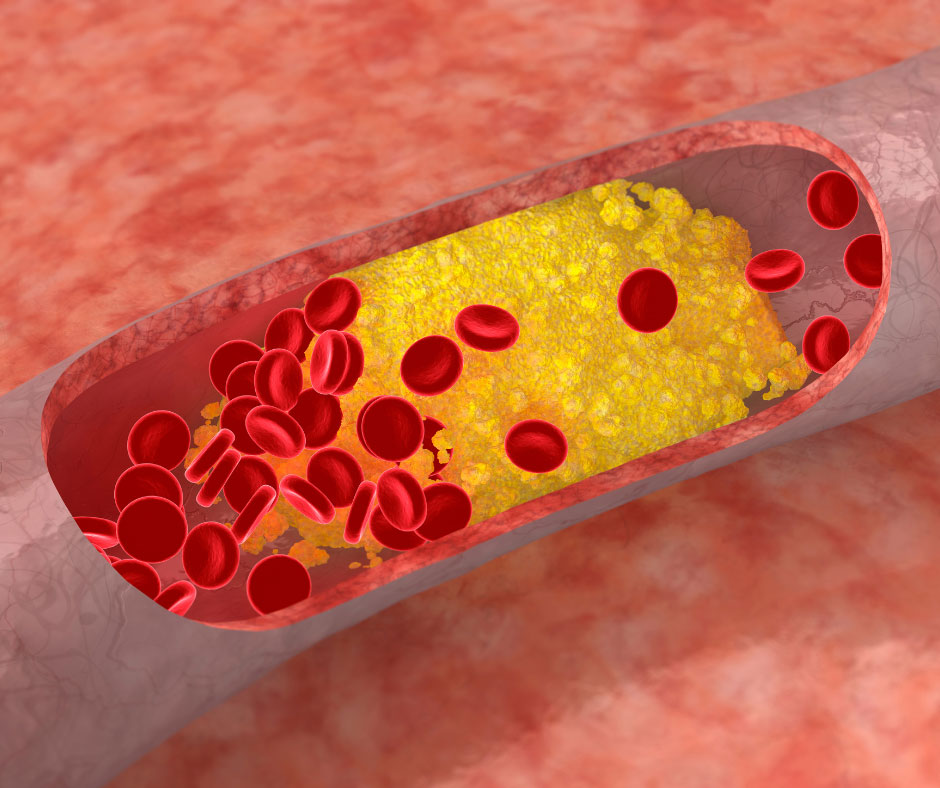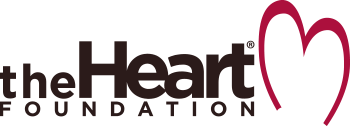We all have a mental picture of what a heart attack looks like. We think of someone grabbing at their chest, in excruciating pain, and there is always another person around to provide assistance. The truth is, a heart attack does not wait around for a convenient time, place, or circumstance. A heart attack might not even present itself to you in a way that you recognize. In order to prepare yourself for the unpredictability of a heart attack, go back to basics. Understanding the varying signs and symptoms of a heart attack and knowing what to do when they occur, could save your life.
WARNING SIGNS
- Chest discomfort. This symptom seems fairly obvious—Don’t be fooled! Chest discomfort may present itself in many ways. Tightness, squeezing, pressure, or pain are all heart attack indictors. This symptom is a tricky one. Chest discomfort may be experienced in the middle of the chest, on the left side only, and might even come and go. It may even be written off as being acid reflux or anxiety. While it seems like the most tell-tale sign of a heart attack, chest discomfort is the most ignored symptom when it is not accompanied by another.
- Shortness of breath. Tie this symptom together with chest discomfort and it’s easy to see how a heart attack may be written off as being anxiety or stress. A heart attack occurs when an artery becomes blocked and interrupts the blood flow to the heart. A person may experience shortness of breath during a heart attack because the heart muscle is being starved of oxygen, causing it to work overtime.
- Upper body discomfort. Tightness throughout the neck and shoulders is another common sign of a heart attack. Discomfort may spread down both arms and even into the back, jaw, teeth, and abdomen. Many women specifically have reported discomfort throughout their upper and lower abdomen. If you suddenly find yourself wondering why you might feel sore or tense, do not ignore it! Find a safe place to sit and relax.
- Fatigue. Many heart attack victims describe a feeling of exhaustion. People often think they are experiencing flu-like symptoms. In fact, many people experience extreme fatigue for weeks leading up to a heart attack. This early sign of a heart attack is a result of the heart muscle becoming exhausted from trying to pump blood through a blocked area.
- Nausea, lightheadedness, cold sweats. When a heart is being overworked, the entire body is impacted. Sweating may occur because it is the body’s response to trying to keep temperature down during extra exertion. Lightheadedness and the inability to stand without nausea are also common symptoms of a heart attack.
WHAT TO DO NEXT
If you are experiencing any heart attack warning signs:
- Grab a phone and sit in a safe area. If you are driving, pull over. If you are working out, take a seat. If you are home, get as close to your front door as possible. Do not attempt to drive yourself to the hospital. Symptom severity may increase and compromise your mental clarity so it is much safer to wait for an ambulance.
- Call 911. Minutes matter! Do not put off calling emergency services if you are experiencing the symptoms of a heart attack. An emergency medical services team can begin treatment as soon as they arrive—up to an hour sooner than if someone gets to the hospital by car. Also, patients with chest pain who arrive to the hospital by ambulance typically receive faster care. The chances of surviving a heart attack are greater the sooner emergency treatment begins.
- Chew and swallow an aspirin. When you are on the phone with emergency services, consult them about taking an aspirin. Aspirin could reduce heart damage by helping to keep your blood from clotting. However, aspirin can interact negatively with other medications so do not take an aspirin unless recommended by emergency medical personnel.
- Keep your door unlocked. While you are waiting for emergency medical services to arrive, make sure your front door is unlocked so that it is easy for you to be located.
Every year, 735,000 people in the United States have a heart attack. For 525,000 of them, it is their first time. 105,000 of these people do not even know they have had a heart attack. The warning signs are easy to ignore, overlook, or blame on something else. However, the more symptoms you have, the greater the chance that you are having a heart attack. A heart attack is not going to happen at a convenient time. But if you prepare yourself, listen to your body, and acknowledge the signs that present themselves, the more likely you are to live to tell the tale.
References:
The American Heart Association: https://www.heart.org/en/health-topics/heart-attack/warning-signs-of-a-heart-attack
Centers for Disease Control and Prevention: https://www.cdc.gov/heartdisease/heart_attack.htm https://www.cdc.gov/heartdisease/signs_symptoms.htm https://www.cdc.gov/heartdisease/facts.htm
Duke Health: https://www.dukehealth.org/blog/surviving-heart-attack-when-you-are-alone
Harvard Health Publishing: https://www.health.harvard.edu/heart-health/the-danger-of-silent-heart-attacks https://www.health.harvard.edu/blog/silent-heart-attacks-much-common-thought-men-women-201606109749
The Mayo Clinic: https://www.mayoclinic.org/first-aid/first-aid-heart-attack/basics/art-20056679 https://www.mayoclinic.org/diseases-conditions/heart-attack/symptoms-causes/syc-20373106









